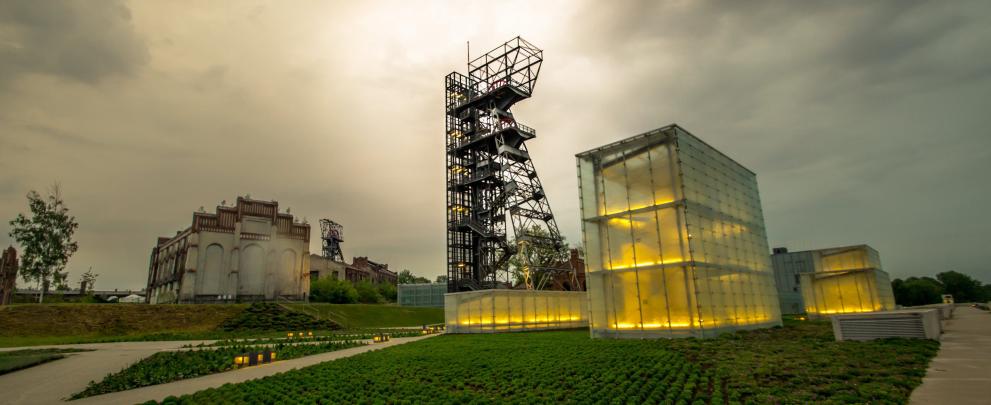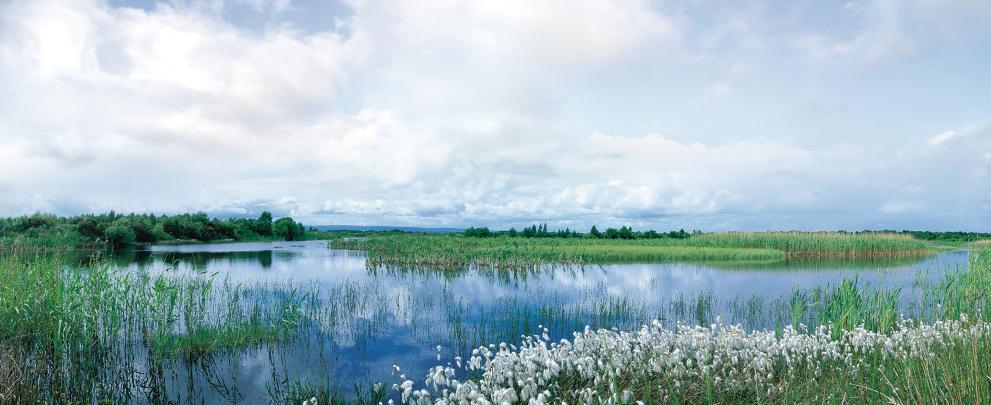
Fighting climate change and accomplishing a clean and just energy transition are the biggest challenges of the 21st century. These are also the main priorities in Europe’s new strategy for a green, sustainable growth - the “European Green Deal” - with which the Commission intends to cut CO2 emissions by at least 55% by 2030 and achieve climate neutrality by 2050.
Everywhere across the continent, the use of fossil fuels is on the decline. More and more EU countries are announcing a coal phase-out, or preparing for it, which is not only good news for the climate, but by reducing the use of coal, we also protect our environment and improve our living conditions and our health. It also makes economic sense because renewable energy is produced at a competitive price, usually lower than fossil fuel-based generation, and because the clean energy sector has the potential to create millions of new jobs.
We are moving in the right direction, but these changes can have a negative impact on certain communities, most importantly, those whose livelihoods depend on the extraction and use of coal, peat or oil shale. We are at a historical turning point, a transformative moment for our societies, and we must ensure this transition is fair to EU citizens in all regions, that its benefits reach everyone, and that the negative consequences are mitigated. This is why the Commission is taking action to implement a just transition.
Supporting coal, peat and oil shale regions in their energy transition
Coal is still mined in 31 regions across 11 EU countries, with coal activities providing jobs to about 230,000 people. Around 18 % of the European power generation mix was based on coal in 2019.
A number of other EU countries use peat or oil shale for energy production, with similar regional characteristics and consequences on CO2 emissions. The energy transition will be very disruptive to such regions and countries, with a direct impact on local economic and social fabrics.
To ensure that no region is left behind, the Commission launched the initiative for coal and carbon-intensive regions in transition in 2017 and recently introduced the Just Transition Mechanism, to help workers, such as those in coal regions, with tailored financial and practical support.
A Just Transition Mechanism
A key support instrument for coal regions in the scope of the European Green Deal is the establishment of the Just Transition Mechanism, which aims at ensuring that the transition towards a climate-neutral economy happens in a fair way. It will provide targeted support to help mobilise at least €100 billion over the period 2021-2027 in the most affected regions, to alleviate the socio-economic impact of the transition.
As part of the Just Transition Mechanism, the Just Transition Fund will allocate €7.5 billion of fresh EU funds that the Member States can use. The Fund will provide grants to regions to support workers with skills development and training, help businesses, start-ups and incubators to create new economic opportunities, and support investments in the clean energy transition.
To better assist EU countries and regions to unlock the support available through the Just Transition Mechanism, the European Commission launched the Just Transition Platform. It builds on the initiative for EU coal regions in transition, which will continue to provide a public forum for coal, peat and oil shale regions to exchange ideas and solutions related to the transition.
In addition, the Just Transition Platform will provide technical and advisory support for public and private stakeholders in coal and other carbon-intensive regions, with easy access to information on funding opportunities and sources of technical assistance. The Platform will ensure that the €40 billion proposed under the Just Transition Fund is channelled to the right projects and that no region is left behind. It will also support access to the dedicated scheme under InvestEU and the public sector loan facility, which together with the Just Transition Fund form the three pillars of the Just Transition Mechanism.
EU coal regions in transition
The Silesia Museum in Katowice, Poland (picture above), is a good example of how a region managed to repurpose a coal site and use it for cultural activities, while at the same time maintaining its character and honouring the proud heritage of coal mining, which brought prosperity to many generations in the region.
The European Commission is committed to support EU coal regions across the continent and launched in 2017, as part of the Clean energy for all European’s package, the Initiative for coal regions in transition. The initiative aims at helping EU coal regions through three complementary avenues of support:
- technical assistance
- toolkits and support materials
- fostering exchanges among stakeholders
One of the initiative’s key instruments in helping EU coal regions is the Secretariat’s technical assistance to regions in transition (START) programme. START works with seven EU regions that cover a diverse set of circumstances. It has developed regional profiles for all these regions, describing their key characteristics related to the decarbonisation process. Some regions are more rural, others more urbanised, some are taking the first steps towards decarbonisation, and others have done great work already.
Robert Pollock, Senior Advisor within the Secretariat of the Initiative for coal regions in transition said:
We have made good progress in the first half of 2020, particularly in regard to the Midlands in Ireland, Asturias in Spain and Karlovy Vary in the Czech Republic. From our work across the START regions, we have identified lessons regarding the conditions that are required for achieving a just transition: coordination between different levels of government; a shared plan for transition identifying both short and longer term measures; engaging affected communities; leveraging legacy assets within local economies; and ensuring capacity for transition at the local and regional levels.
The technical assistance to the Midlands, Ireland, concluded in September 2020 with a successful consultation process with over 150 project submissions. Due to the COVID-19 global pandemic, the START team and the region’s just transition team adjusted their approach and continued their work in an online setting. However, that challenge did not seem to alter the commitment from the local communities, and they were able to have a comprehensive pipeline of projects that reflected both a bottom-up approach from the communities and a top-down approach from the regional and national government. These projects will play a key role in the Midlands’ path towards decarbonisation.

Knowledge is key to the success of any region transitioning towards decarbonisation, which is why the Secretariat produces materials to support and inspire regions. These include toolkits on for example environmental rehabilitation and repurposing, or transition strategies, as well as case studies, such as the Matra power plant in Hungary, or theinformation platform for post-industrial and degraded areas in Silesia, Poland.
The exchange between EU coal regions stakeholders is another very powerful avenue for transformation, and the coal regions initiative facilitates such discussions and exchanges through meetings and interregional cooperation.
This package of complementary just transition initiatives, coupled with significant financial and technical and/or advisory support, will help build thriving communities, with sustainable, future-oriented economies and societies. The European Commission is focused on making this a just transition that benefits everyone and leaves no one behind.
Details
- Publication date
- 1 October 2020
- Author
- Directorate-General for Energy
- Location
- Brussels
